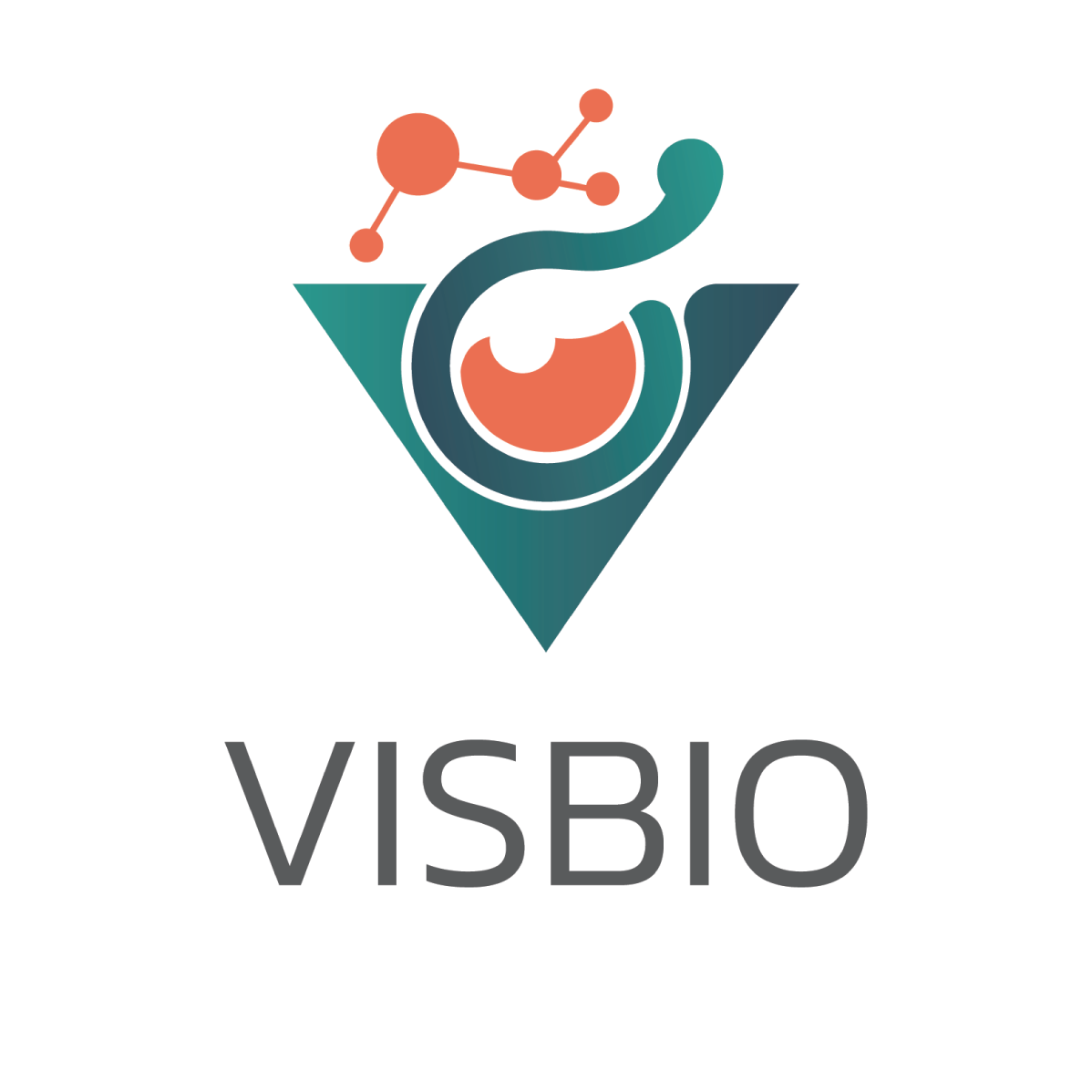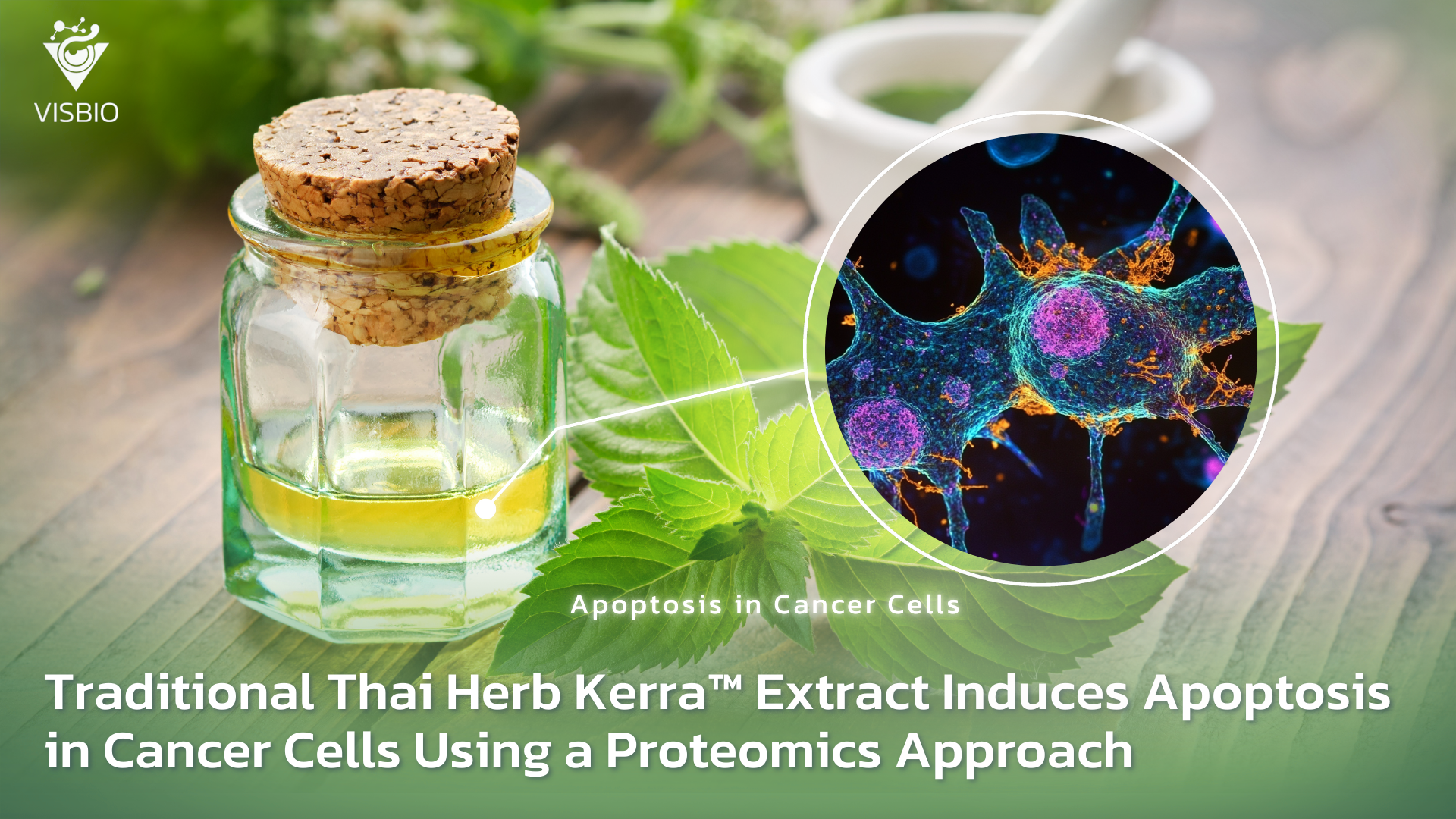Cancer is one of the leading causes of death worldwide, and the demand for safer, more effective treatments continues to grow. Among the innovative solutions being explored is Kerra™ extract, a traditional Thai herbal extract now recognized for its remarkable potential as a natural cancer treatment. Derived from a blend of medicinal herbs, Kerra™ has demonstrated significant efficacy in inducing apoptosis in cancer cells, making it a promising candidate for colon cancer therapy.
A groundbreaking study titled “Exploring the Apoptotic-Induced Biochemical Mechanism of Traditional Thai Herb (Kerra™) Extract in HCT116 Cells Using a Label-Free Proteomics Approach”, published in Medicina, offers deep insights into how Kerra™ combats cancer. Researchers, including Associate Professor Dr. Kiattawee Choowongkomon, employed advanced label-free proteomics to map the molecular pathways affected by Kerra™ in HCT116 colon cancer cells. This approach not only uncovered its mechanisms of action but also highlighted its therapeutic potential as a natural anti-cancer therapy.
Key Findings at a Glance
| Key Insight | Details |
| Main Bioactive Compound | Kerra™ extract, a traditional Thai herbal blend, shown to target colorectal cancer cells. |
| IC50 Value | 72.96 ± 5.41 µg/mL in HCT116 cells, showing dose-dependent efficacy. |
| Apoptosis Induction | Induces early and late apoptosis significantly, increasing apoptotic cells by 21.55%. |
| Mechanism of Action | Modulates apoptotic proteins such as Bax and Bcl-2, activating caspase-8 and caspase-9 pathways. |
| Proteomics Analysis | Identified 3,406 proteins; pathway analysis highlights EIF2 signaling in inhibiting cell proliferation. |
| Potential Business Applications | Opportunities in natural oncology treatments, targeting less invasive colon cancer therapies. |
Kerra™ extract has demonstrated strong anti-cancer potential, particularly in targeting colorectal cancer cells. Its IC50 value of 72.96 ± 5.41 µg/mL in HCT116 cells confirms its potent, dose-dependent activity. The extract significantly increases apoptosis, as seen in a 21.55% increase in apoptotic cells. It modulates critical apoptotic proteins such as Bax and Bcl-2, activating both intrinsic and extrinsic apoptotic pathways through caspase-8 and caspase-9 activation.
Additionally, advanced label-free proteomics identified 3,406 proteins influenced by Kerra™, with significant modulation of the EIF2 signaling pathway, a critical regulator of cell proliferation. These findings suggest that Kerra™ not only promotes cancer cell death but also halts the growth and survival of cancer cells, offering a comprehensive therapeutic approach.

How Kerra™ Induces Apoptosis in Cancer Cells
Apoptosis, or programmed cell death, is a natural process essential for eliminating damaged or unwanted cells. In cancer, this process is often disrupted, allowing malignant cells to proliferate unchecked. Kerra™ extract effectively restores this balance by:
- Mitochondrial Disruption: Kerra™ alters mitochondrial membrane integrity, releasing cytochrome c and triggering caspase activation.
- Protein Modulation: The extract upregulates pro-apoptotic proteins like Bax while downregulating anti-apoptotic proteins like Bcl-2, tipping the scales toward cell death.
- Dual Pathway Activation: By activating both intrinsic (mitochondrial) and extrinsic (death receptor) pathways, Kerra™ ensures a robust apoptotic response in cancer cells.

Advantages Over Conventional Therapies
Conventional cancer therapies, such as chemotherapy, are effective but often come with significant drawbacks, including severe side effects and toxicity to healthy cells. Kerra™ extract offers a natural and targeted alternative with distinct advantages:
- Selectivity: Kerra™ specifically promotes apoptosis in cancer cells while sparing healthy cells, reducing off-target effects.
- Lower Toxicity: As a natural cancer treatment, Kerra™ minimizes the side effects commonly associated with synthetic drugs.
- Multi-Faceted Action: Beyond inducing apoptosis, Kerra™ disrupts cancer cell proliferation through its impact on the EIF2 signaling pathway.
How This Research Opens Doors to New Business Innovations
The findings on Kerra™ extract present exciting opportunities for businesses in the pharmaceutical, nutraceutical, and biotechnology sectors. With the global market increasingly seeking natural, plant-based cancer treatments, Kerra™ aligns perfectly with these demands. Here’s how it can drive innovation:
- Oncology Pharmaceuticals: Develop Kerra™-based treatments for colon cancer, offering a safer, natural alternative to conventional chemotherapy.
- Nutraceutical Products: Leverage Kerra™’s apoptosis-inducing and anti-proliferative properties to create dietary supplements that support cancer prevention and general health.
- Collaborative Research and Development: Partner with academic institutions to refine Kerra™ formulations and secure intellectual property rights for market exclusivity.
Shaping the Future of Natural Cancer Therapies
The discovery of Kerra™’s ability to induce HCT116 cell apoptosis marks a significant step forward in natural oncology solutions. Its dual-action mechanism, targeting both apoptosis and cancer cell proliferation, makes it a valuable addition to the arsenal of natural anti-cancer therapies. As research continues, Kerra™ could revolutionize how we approach cancer treatment, emphasizing safety, efficacy, and sustainability.
Partner with Us for Innovative Cancer Solutions
Are you ready to lead the charge in natural cancer treatments? Contact us for a free consultation and explore how Kerra™ extract can elevate your product offerings and position your brand at the forefront of the natural oncology market.

About the Author:
Associate Professor Dr. Kiattawee Choowongkomon is a leading expert in biochemistry and proteomics, specializing in the development of bioactive compounds for therapeutic applications. His research bridges traditional medicinal knowledge with modern scientific innovation, creating impactful health solutions.
About the Research:
This study, “Exploring the Apoptotic-Induced Biochemical Mechanism of Traditional Thai Herb (Kerra™) Extract in HCT116 Cells Using a Label-Free Proteomics Approach”, was published in Medicina. DOI: 10.3390/medicina59081376. It highlights the apoptotic and proteomic effects of Kerra™, showcasing its promise as a natural anti-cancer therapy.


